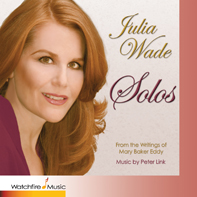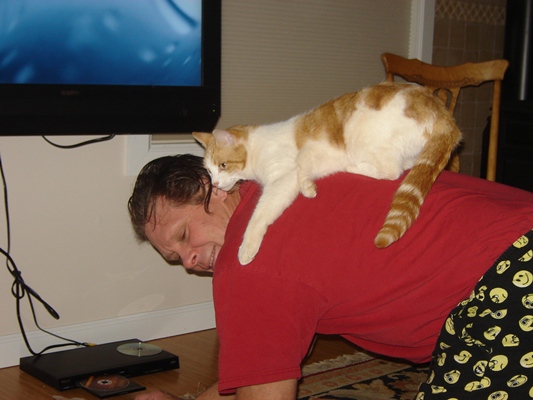Brain plasticity was snubbed when first introduced to society centuries ago. Even modern Neuroplasticians with solid hard-science credentials coldshouldered the idea that brains are not hard-wired for life. Undaunted however, the brain gives evidence that when a person is motivated to learn, the brain will respond plastically. A learning brain can rewire and remap itself because the truth is material conditions are malleable, always in flux. Consequently, brain plasticity is now begrudgingly being accepted into society. But this new member of society is wearing an expensive outfit, advertising for a malleable relative truth.
Truth, more so than brain plasticity, is a prickly subject. The popular definitions of truth, such as “the quality or state of being true; or that which is in accordance with fact or reality,” are vague to say the least. Moreover, science and religion frequently show that what was true yesterday is not true today because our perceptions of reality are shrouded with unknowns and deception. Norman Doidge, M.D. author of The Brain that Changes Itself, explains to adults, “Our bodies aren’t changing as they did in adolescence; we’re more likely to have a solid sense of who we are and be skilled at a career. We still regard ourselves as active, but we have a tendency to deceive ourselves into thinking that we are learning as we were before. We rarely engage in tasks in which we must focus our attention as closely as we did when we were younger, trying to learn a new vocabulary or master new skills. Such activities as reading the newspaper, practicing a profession of many years, and speaking our own language are mostly the replay of mastered skills, not learning. By the time we hit our seventies, we may not have systematically engaged the systems in the brain that regulate plasticity for fifty years.”
Religious truths are evolving with social justice and with our ability to tap into discoveries and alter our material circumstances. It becomes apparent that Truth is available to everyone, not a chosen few. Dogma and DNA can be manipulated. Moreover, we admit the scientist, the religionist, and the common person have never fully explained a single fact in the universe. They only approximate. This fact however is not meant to discount truth but is meant to not allow human beings to try to lock truth into that which is malleable or always in flux. Christ Jesus’ statement, “Know the truth, and the truth will set you free,” confused his contemporaries because they assumed the truth of freedom was locked into national status. They rebutted, “We are Abraham’s descendants and have never been slaves of anyone.”
Many of us don’t want to hear the truth. Or, we accept as truth that which justifies our own personal beliefs and agendas. Author Karen Armstrong, wrote in her book, A History of God, “Humankind cannot bear very much reality.” But, we are bearing more and more. We are realizing that there is no blanket statement for truth. People can’t be “told” what truth is. A 19th century spiritual leader, Mary Baker Eddy, wrote in her Preface to Science and Health, “The question, What is Truth, is answered by demonstration.” Interestingly, a review of what has been demonstrated throughout history leads the mind to believe the truth of hate is found to be self-destructive. The truth of self-control is found not to be pulled down with hate. The truth of neglect is that neglect is a waste of resources. The truth of love is that love is life-giving. The truth of health is that health is a right to everyone. Furthermore, the relativism of the world has not changed these manifestations but indirectly confirmed a resolved Truth.
The traditional definitions of truth that depend on the facts and realities of the relative world and human perceptions of reality do not alter Truth. The fixedness of Truth is in its self-revelation. Truth is constantly, reliably revealing itself, and we have the power and ability to distil what we absorb, observe, imagine and think, and consciously and logically demonstrate the truth of life, principle, and love.

